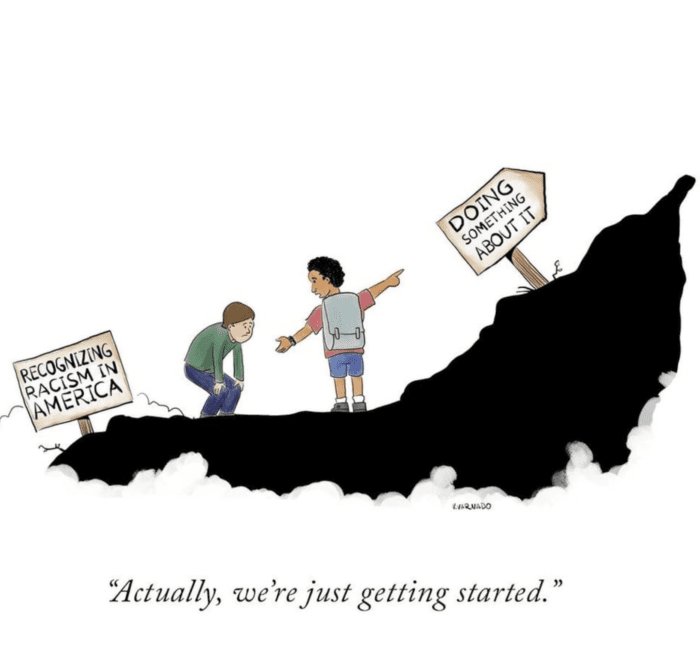
An interview with the late poet and bluesologist Gil Scott-Heron, who wrote “The Revolution will Not Be Televised,” has been going around of late. In it, he speaks to the meaning of his now-famous phrase: “the first change that happens is in your mind.” Only then can you change “the way you love and the way you move.”
At times it feels like the opposite is true, as today’s progress only seems to come from what is ‘televised.’ Murders caught on tape, violence recorded on phones, voices lifted on social media. Add to this the optics of protest: Important shows of solidarity that may or may not go beyond the surface. The removal of Confederate monuments that had long out-stood their welcome—most-notably that of Robert E. Lee in Virginia. The renaming of a plaza and the painting of “Black Lives Matter” down 16th Avenue toward The White House at the behest of DC’s Mayor Bowser. Will these highly visible moments amount to revolution?
The debate that swirls around these moments is a reminder to me that what matters is indeed in the mind first. The revolution will not be televised. But we must demand evidence of it in votes and policy reform and laws next.
∗
In his essay for The Atlantic this week, “The American Nightmare,” Ibram X. Kendi asks
“What will we advance? … Will we fight for black people to live?
“History is calling the future from the streets of protest. What choice will we make? What world will we create? What will we be?
“There are only two choices: racist or anti-racist.”
It made me think back to an essay I shared in April, by Arundhati Roy, about seeing this specific time in history as a portal:
“Whatever it is, coronavirus has made the mighty kneel and brought the world to a halt like nothing else could. Our minds are still racing back and forth, longing for a return to “normality”, trying to stitch our future to our past and refusing to acknowledge the rupture. But the rupture exists. And in the midst of this terrible despair, it offers us a chance to rethink the doomsday machine we have built for ourselves. Nothing could be worse than a return to normality.
“Historically, pandemics have forced humans to break with the past and imagine their world anew. This one is no different. It is a portal, a gateway between one world and the next.
“We can choose to walk through it, dragging the carcasses of our prejudice and hatred, our avarice, our data banks and dead ideas, our dead rivers and smoky skies behind us. Or we can walk through lightly, with little luggage, ready to imagine another world. And ready to fight for it.”
As one meme posited this week, what if 2020 isn’t cancelled, but rather the most important year of them all? I know this idea really appeals to me.
P.S. National Voter Registration Day is Tuesday, Sept 22. Vote Early Day is Oct 24: a movement of nonprofits, businesses, election administrators, and creatives working to ensure all Americans know their options to vote early.
[New Yorker Cartoon by Victor Varnado]


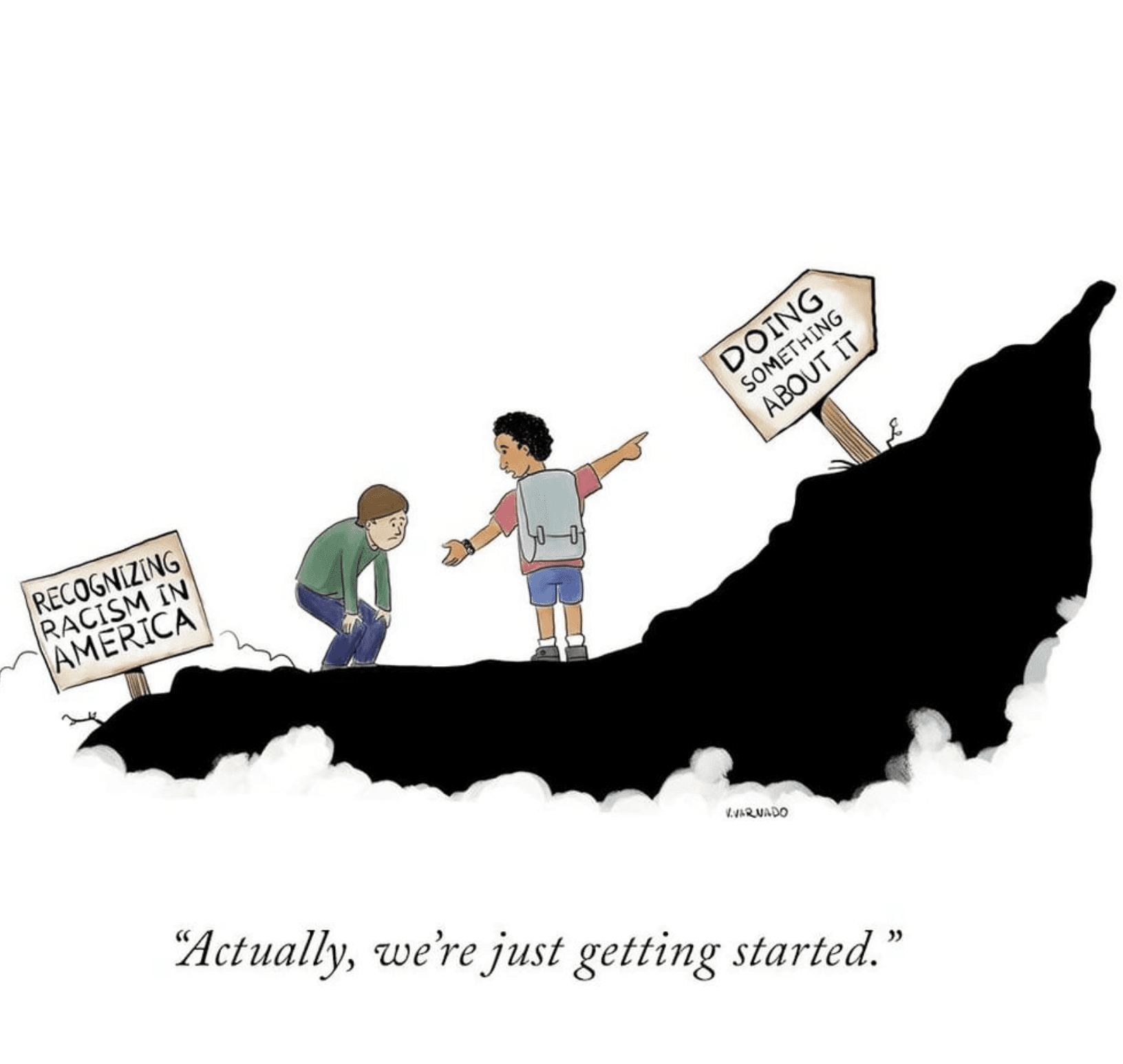
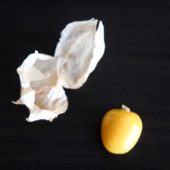
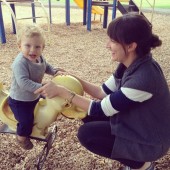

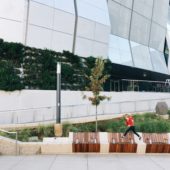
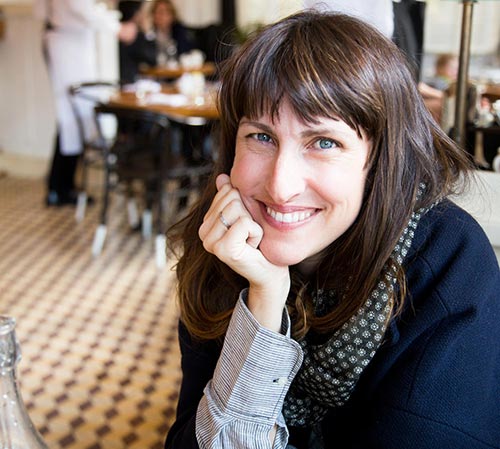
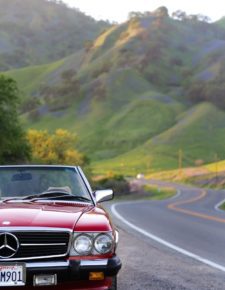




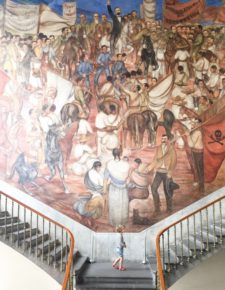


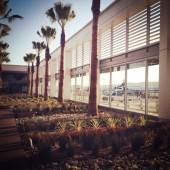
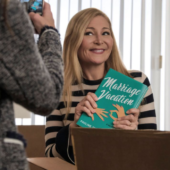





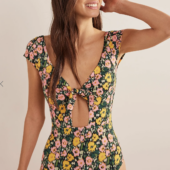
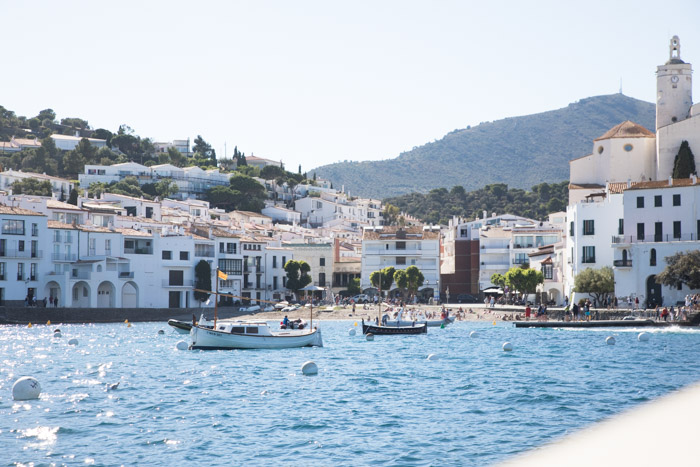
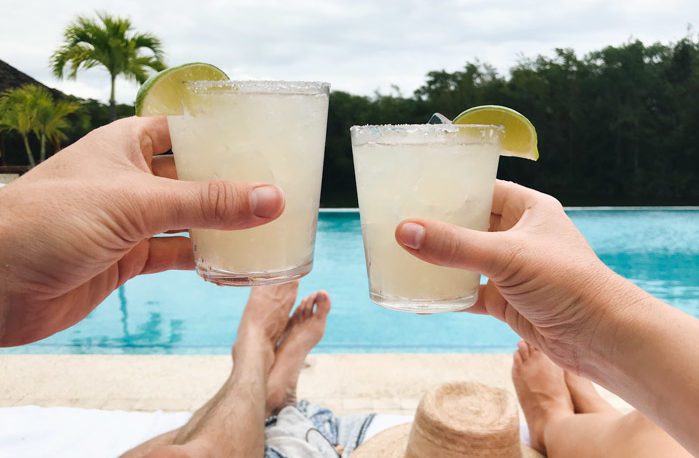
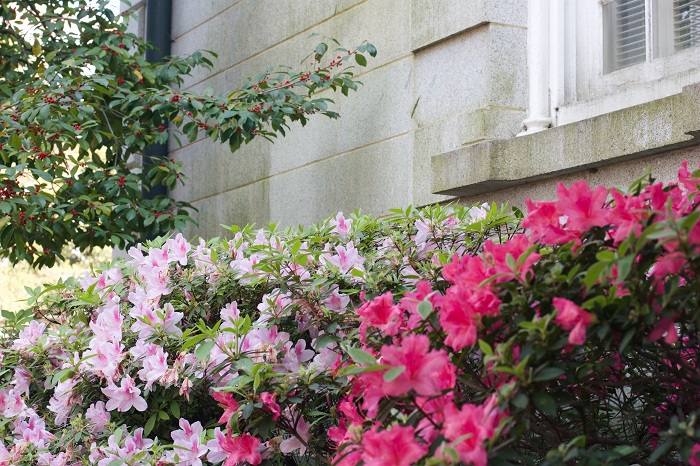
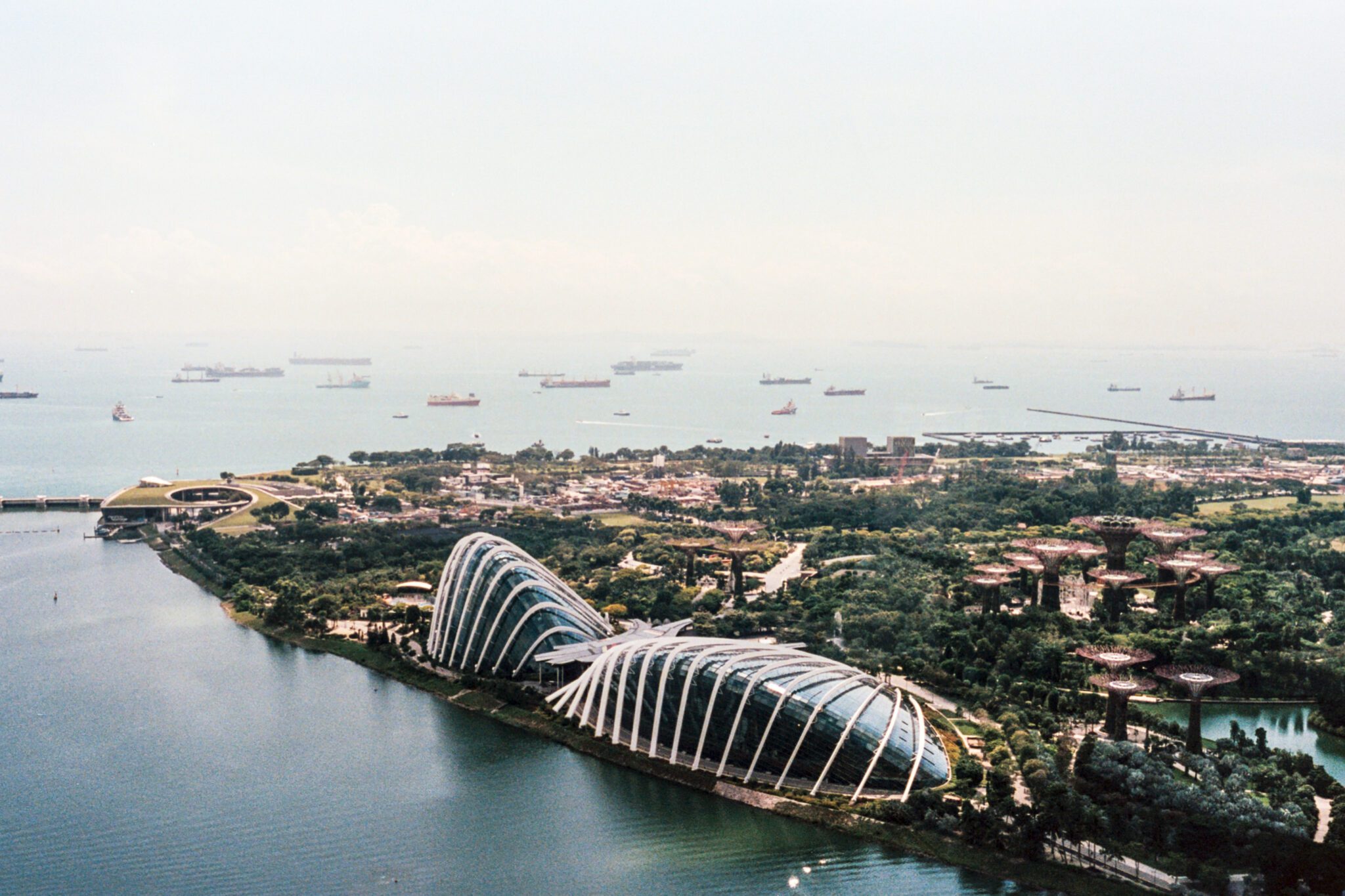
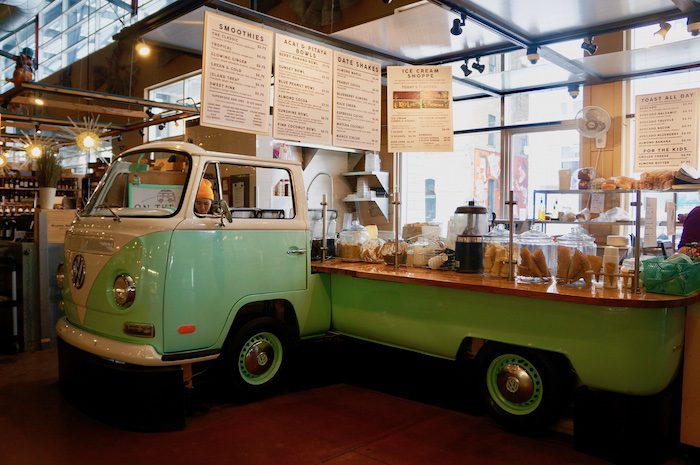

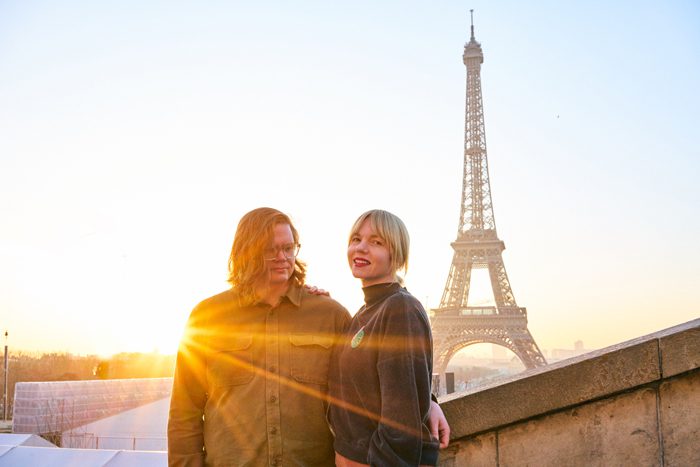
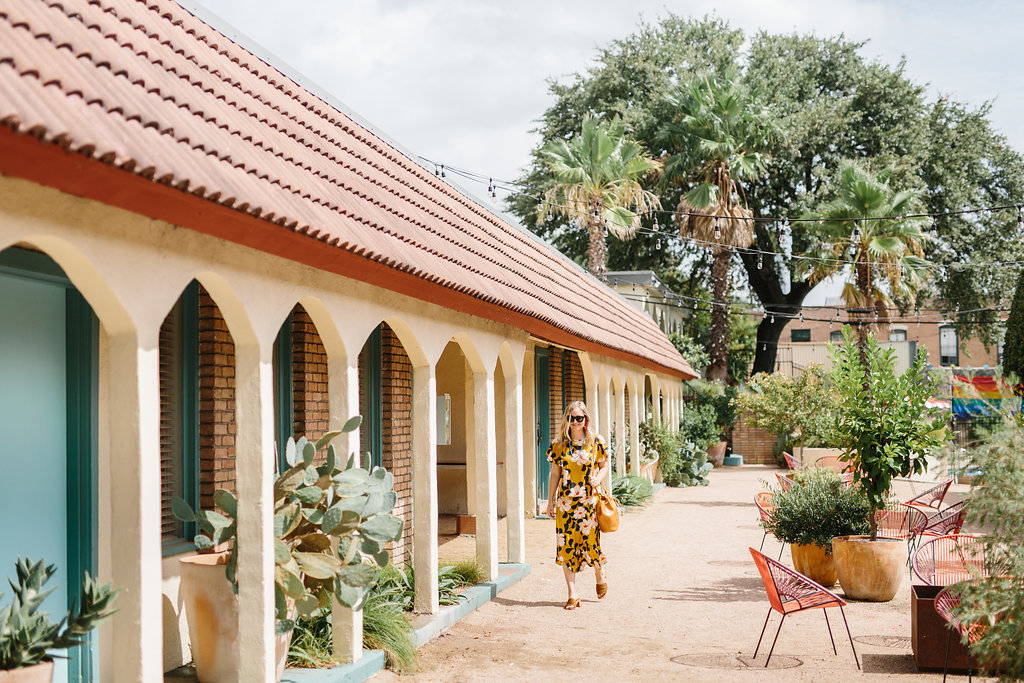



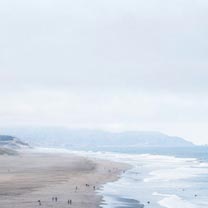


3 Comments